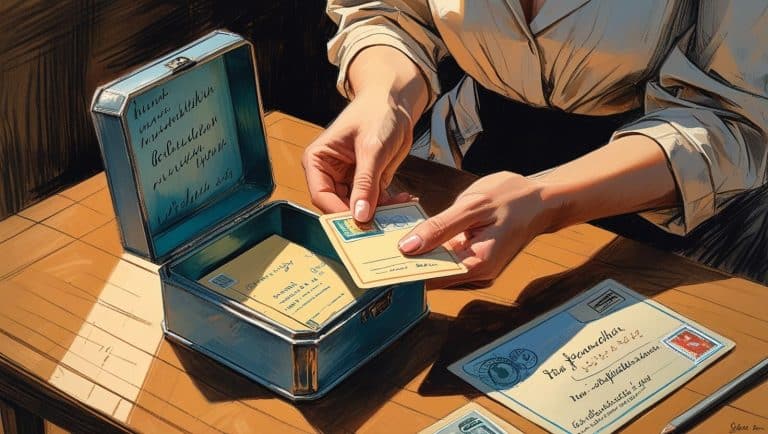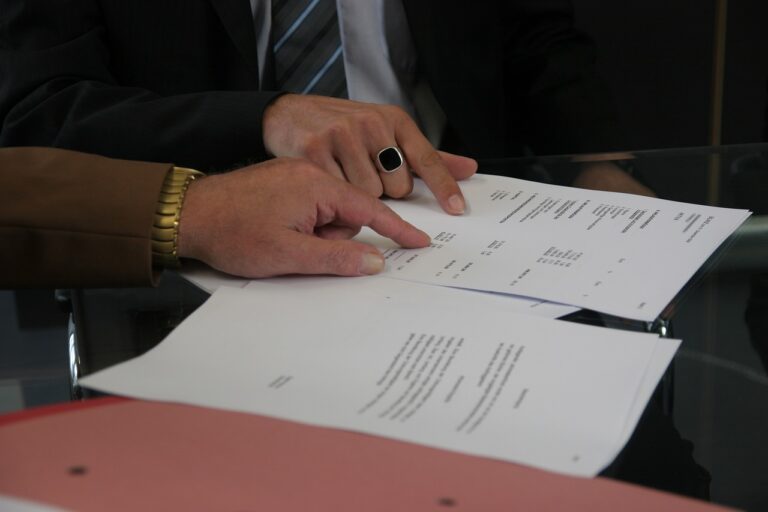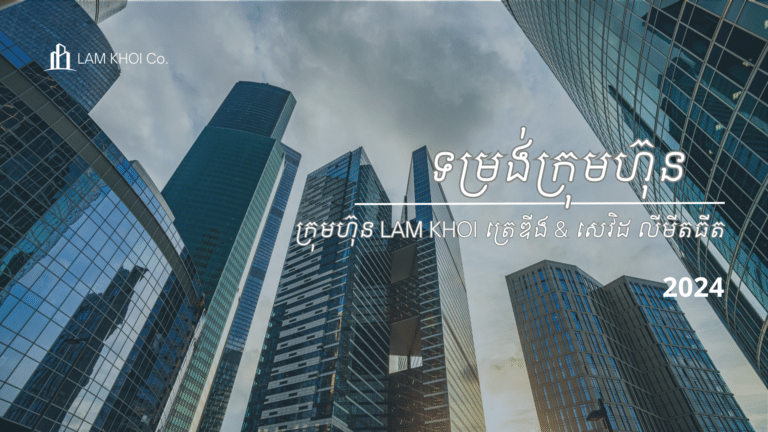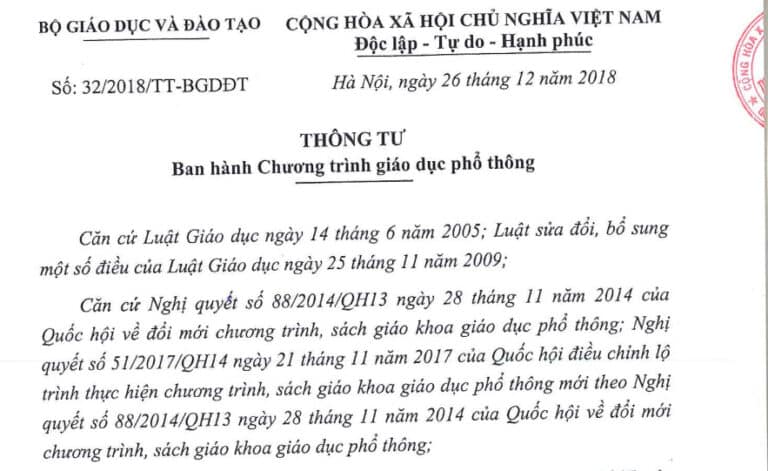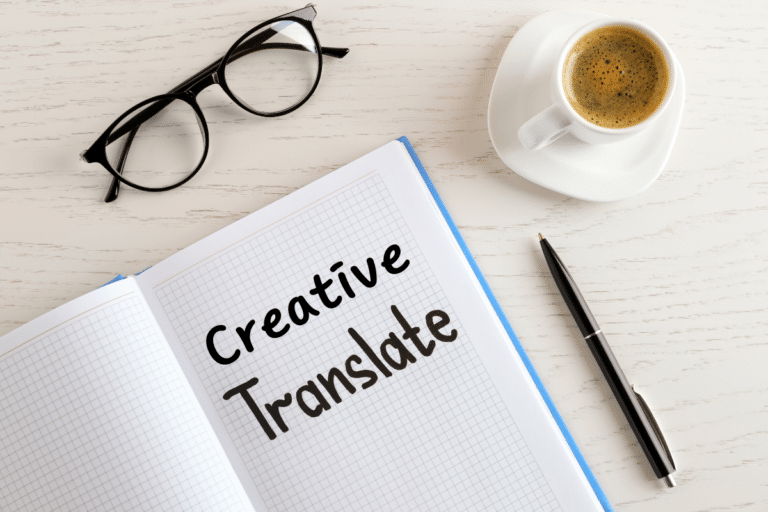A Timely Translation
Early Monday afternoon, Linh got a call from Ha, the director of a small herbal tea company in Da Nang. Her voice was breaking. “Linh, please help me. The German contract is about to be canceled. They’re saying we ‘breached the exclusivity clause’… but I can’t make sense of all the English. Something’s… off with the old translation.”
Linh glanced at the hospital bed where her mother was napping after a round of radiation therapy. She had less than five million dong left in her pocket. For years, she’d been a freelance translator, living off tight deadlines and calls just like this one. “Send me the entire original file, Ha. The German, the English, and any appendices you have,” Linh said, trying to keep her voice calm.
Ten minutes later, the emails poured in: Vertragsentwurf_2025.pdf, Nebenabrede_A3.docx, Lieferbedingungen_DE.pdf, along with a heavily marked-up English translation from some “agency.” Ha added a message: “11 p.m. Vietnam time is the final deadline to respond. Otherwise, they’ll consider the partnership terminated.”
A contract to export a private label brand to a German supermarket chain—the biggest break in her company’s history. If Ha lost it, the bank would revoke her line of credit, and the factory would have to lay off nearly half its workers—including Linh’s cousin. And then there was her: without this fee, how would she pay her mother’s hospital bills next month?
Linh opened Vertragsentwurf. A line in bold jumped out at her: Alleinvertriebsrecht. The old translation read, “absolute exclusive distribution rights.” No wonder Ha was terrified. But Linh frowned. Alleinvertrieb had nuances. Was it exclusive by channel? By brand? By region?
She scrolled down to the geographical appendix: Gebiet: D-A-CH – Germany, Austria, Switzerland. The old translation had omitted this phrase, replacing it with “the entire European territory.” One wrong word, an entire continent off.
Linh opened Nebenabrede_A3—the “supplemental agreement A3.” A sentence stood out: Die Mindestmenge bis zu 200 Tonnen/Jahr ist eine unverbindliche Prognose. The old translation: “The minimum quantity of 200 tons/year is a binding commitment.” Linh almost laughed, a mix of frustration and relief. Bis zu means “up to,” not “minimum.” And unverbindlich is “non-binding.” A single careless translation could drag the whole company under.
She took notes, beginning to rebuild the structure: exclusivity was limited to the supermarket’s private label, only in the D-A-CH region, and the production target was just a forecast. What about the penalty for breach? Linh flipped to Lieferbedingungen (delivery conditions) and found the phrase pauschalierter Schadensersatz—“liquidated damages”—which the agency had translated as “daily penalty.” She screenshotted the original clause and pasted it into her notes to explain clearly.
Her phone buzzed: a video call from Ha. Behind her, the office was a flurry of activity, everyone’s eyes glued to their screens. “What have you found, Linh?”
“I think it’s possible we haven’t breached the exclusivity clause at all. But I need to verify one more document: Anlage 3 – Kundenkommunikation (Appendix 3 – Customer Communication). I need to see what it says about branding and packaging.”
Ha sent it immediately. Appendix 3 was a blurry scanned PDF, containing handwritten notes. Tucked in the bottom corner was a small, neatly penned note in German: “In Erinnerung an Mai – die Brücke zwischen unseren Sprachen.” (In memory of Mai – the bridge between our languages.) Linh flinched. Her mother’s name was Mai.
Late in the afternoon, dark clouds rolled in. Her mother woke up and asked softly, “Are you done yet, dear?” Linh nodded, but her hands were still shaking. She decided to call the German contact directly. The email listed a Frau Schneider. Linh asked Ha for permission, then dialed the Zoom number.
On the other end was a woman speaking German with a southern accent. Linh began, choosing her German words with care. “I am the one reviewing the translation. We understand you believe we ‘breached exclusivity’ by sending a price quote to a retailer in France. However, according to Article 2.1 and Appendix 3, your exclusivity rights apply only to your private label brand and only within the D-A-CH region. In France, we use our own brand name, different packaging, and do not use the phrase ‘für [Supermarket Name]’. Is this correct?”
There was a pause on the line, then Schneider replied, “We thought your translation said ‘Europe.’ If, as you say, the text clearly states D-A-CH… And the private label—ja, that’s correct.” She paused again. “It seems our legal department read the English translation and not the original. Could you send a corrected version with source citations?”
Linh breathed a sigh of relief. But one more thing was knocking at her heart: that handwritten note. She summoned her courage. “I saw a note that reads ‘In Erinnerung an Mai’ in Appendix 3. May I ask… who is ‘Mai’?”
Schneider gave a sad smile. “Mai was the Vietnamese wife of our former chairman. She passed away three years ago. He wanted to include a line of thanks in Vietnamese on the packaging, as a tribute. We asked the agency to translate it, but I always felt the phrase… lacked rhythm.”
Linh opened the file and read the agency’s version: “Thanks to you, we came closer.” It wasn’t wrong, but it was lifeless. She looked at her mother, remembering all the times she’d said, “Translation is touching the very breath of another person.” Her voice suddenly warm, she said, “If I may, I’d like to suggest: ‘For a promise made long ago, we write your name with all our love.’ Or, more simply: ‘To Mai – who bridged two shores of language.’”
Another silence. Linh heard a soft exhale. “That’s exactly what we wanted.”
Just when it seemed a path had cleared, a new email arrived from the German supermarket’s legal department. Subject: Fristsetzung – Vertragsstrafe (Deadline – Contractual Penalty). Citing the old translation, they were demanding an immediate penalty if Ha didn’t confirm her withdrawal from the French market within 48 hours.
Ha’s eyes were red. “They’re cornering us.” The factory had already prepared the raw materials; the bank was waiting for the contract to release the funds. Any delay, and everything would collapse.
Linh knew there was only one way forward: she had to finish the new translation, complete with a comparative glossary, tonight. It had to be so clear there was no room for misunderstanding. She split her screen: German on the left, Vietnamese in the middle, and standard English on the right. Every term came with a glossary note: Alleinvertrieb = private label channel exclusivity; Gebiet D-A-CH = Germany-Austria-Switzerland only; bis zu = up to, not minimum; unverbindliche Prognose = non-binding forecast.
For the “liquidated damages” clause, Linh added a note: “Applicable only in cases of intentional breach of duty (vorsätzliche Pflichtverletzung), not in cases of force majeure.” She quoted the original text, screenshotted the clause, and highlighted it. Everything had to be indisputable.
Near 10 p.m., her mother told her to eat some porridge. Linh shook her head, her hands never leaving the keyboard. Her vision was blurring, but her mind was sharper than ever. She revised the tribute: To Mai – who bridged two shores of language, adding a small line below: “So that from one word to the next, no one is lost.” She didn’t dare mention that her mother’s name was also Mai. That private detail was a flame she kept for herself.
At 10:45, Linh sent the package: the new bilingual translation, the glossary, and an email in German. She requested they (1) confirm the scope of exclusivity was D-A-CH only and for the private label only; (2) confirm the production plan was a forecast; (3) withdraw the penalty email based on the old translation; and (4) approve the Vietnamese tribute for the packaging.
Twelve minutes later, Schneider replied: “We agree with your interpretation. Legal has checked the original and confirmed the agency’s translation was incorrect. We are withdrawing the penalty demand. Your second suggested phrase (‘To Mai – who bridged two shores of language’) is approved.”
A follow-up email from the German finance department made Ha burst into tears: “A 30% advance on the contract value will be transferred within three business days due to the communication error on our part. We sincerely apologize for the inconvenience.” That same night, the Vietnamese bank sent a notification: the loan disbursement was back on track.
In the hospital room, Linh rested her forehead against her mother’s hand. “I did it.” Her mother opened her eyes and smiled, her own eyes wet with tears. “You see? Translation isn’t just about changing words. It’s about saving people.”
Ha called, her voice still trembling but bright. “The advance will cover this month’s payroll. And… I want to hire you as our long-term language consultant. We can’t let a careless translation dictate our company’s fate ever again.”
A month later, the first shipment of tea left the port, its pale green boxes printed with a small line of Vietnamese text nestled beside the German and English. Linh took a box and handed it to her mother. Her mother read it aloud, slowly: “To Mai – who bridged two shores of language. So that from one word to the next, no one is lost. ”
Amid the faint aroma of tea, Linh realized this story hadn’t begun in a boardroom, nor did it end on paper. It began with a misunderstanding—a bad translation—that nearly dragged down a small factory and the lives of dozens of people. And it ended with a correct, timely translation that laid the bricks of trust back in place: between a client and a supplier, between two languages, and between people who had never met.
She thought of the handwritten note in the appendix, of the Vietnamese woman who, years ago, had made a German chairman want to print a Vietnamese phrase on his products. Language, in the end, is how we promise not to let go, even when the meaning of a single word can branch into a hundred different paths.
That night, Linh sat at her desk again and opened her laptop. A new email from Schneider was on the screen: “We would like to fund a small annual scholarship for young Vietnamese students of translation and interpretation, to be named the Mai Bridge Scholarship.” Linh looked at her mother, then at the words on the tea box. She typed her reply in all three languages, a quiet smile on her face.
Translation, after all, wasn’t just a living. It was the key that unlocked a dark room and let the light in: untangling a contract on the brink of collapse, saving a small factory from a storm, securing a worker’s wage, and honoring an old promise with words that felt warm in your hands. And sometimes, like tonight, it connected strangers—with a name that felt so close to home: Mai.


